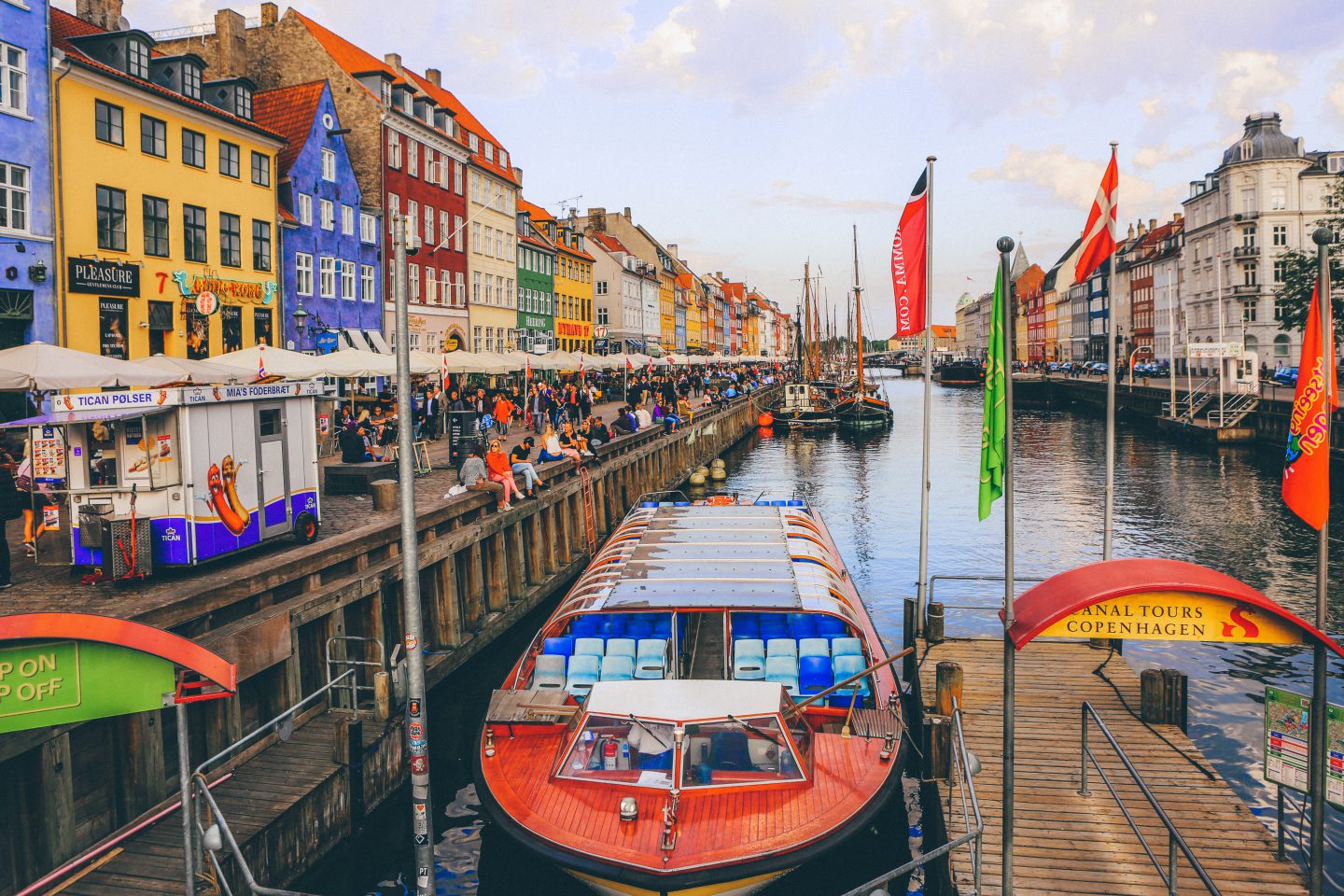For about a year now, I have become more aware of the huge impact that one family can have on the world, in terms of waste and carbon emissions, and I have been determined to reduce mine as much as possible. After my first year studying Biology at university, I suddenly thought to myself that things had to change.
Looking back on it, I feels as though I had an epiphany of some sorts which made me think about the items I threw “away”, and that my eating meat (which almost seems unreal to me now) was having a detrimental effect on the planet and the animals which I had deluded myself about. I slowly started introducing ideas of ways to be eco-friendlier to my family, which thankfully, they were happy to adopt after learning more about the problems we face.
Read more →








